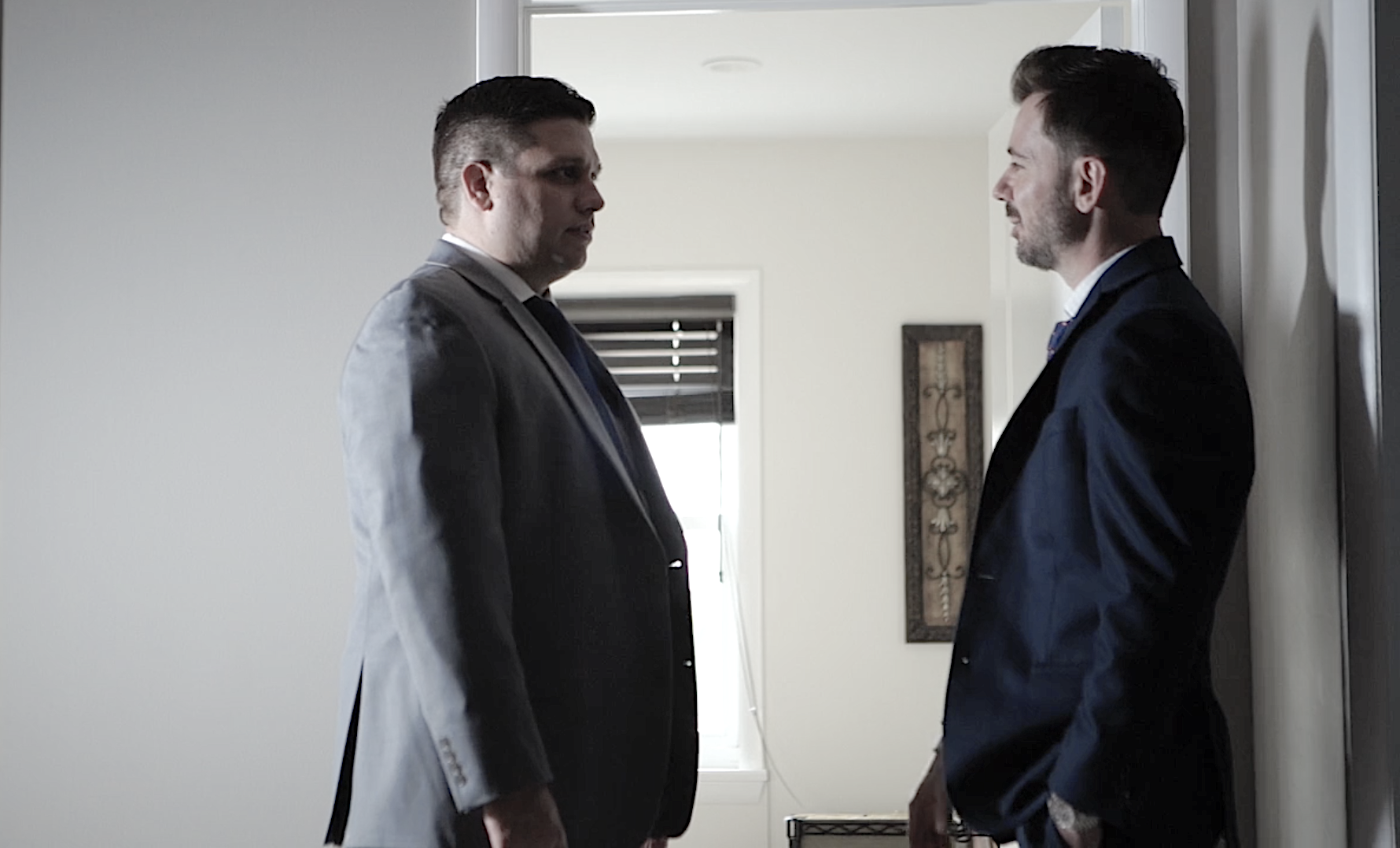
After getting hurt on the job, most people just want to focus on healing and getting the support they need. But if you're receiving workers' compensation benefits, there's one thing you might not be thinking about that could cost you everything: social media. So, can social media ruin your workers’ comp claim? Unfortunately, yes—it absolutely can.
Let’s talk about why that happens, what not to post, and the traps injured workers fall into without even realizing it. Whether you’re scrolling, posting, or commenting, your online activity can easily be taken out of context—and used against you.
Why What You Post Online Matters After a Workplace Injury
When you're hurt at work and file a workers’ comp claim, insurance companies immediately start looking for ways to pay out as little as possible. One of the first places they might check? Your social media profiles.
That’s right—adjusters and investigators often monitor Facebook, Instagram, TikTok, X and even LinkedIn looking for signs that you’re not as injured as you say you are. And unfortunately, even an innocent post can backfire.
Let’s say you injured your back lifting something heavy at work. A week later, you post a photo of yourself at your cousin’s birthday party—smiling, standing, and holding a slice of cake. That harmless image could be twisted to suggest you’re not really in pain, even if you were just trying to show up for family and sat the entire rest of the evening.
Common Social Media Mistakes That Can Hurt Your Case
To protect your claim and your benefits, you need to be very careful about what you share—and what others tag you in. Here are some of the most common social media traps to avoid:
1. Posting About Your Injury or Case
Avoid posting any details about your injury, your treatment, your employer, or your workers’ compensation claim. Even vague posts like “Rough week, can’t believe how my job treated me” can raise red flags.
Adjusters may use your own words to argue that your injury isn’t work-related or that you have a history of workplace issues.
2. Sharing Activity Photos or Videos
Even if you're doing something mild—like walking your dog or attending a cookout—images of you being active can be used to suggest you’re exaggerating your injuries.
The truth is, you may be in pain before and after those moments. But photos don't show context—they just show what others want to see.
3. Checking In to Locations
Social media platforms often allow users to “check in” at events, restaurants, gyms, or vacation spots. This can create the impression that you’re more active than you really are.
If you’re supposed to be recovering, a gym check-in—even if you're just there to say hi—could seriously damage your case.
4. Letting Friends Tag You
You may be careful with your own posts, but what about your friends and family? If someone tags you in a post where you’re at a social event or doing something active, that tag can become public evidence—even if your own profile is private.
That’s why it’s crucial to monitor what others share and ask them not to tag you during your recovery.
5. Joking or Sarcastic Posts
We’ve all seen it: someone posts something like, “Guess I’ll just fake it ‘til I make it, right?” But if you’re on workers’ comp and your claim is being reviewed, that joke may not land the way you intended.
Insurance companies can and will take screenshots. Sarcasm doesn’t come with tone indicators in court.
How Insurance Companies Monitor Social Media
You might be thinking, “But my account is private—no one can see my stuff.” Unfortunately, that’s not always true.
Here’s what insurance companies may do:
- Review public posts: Anything visible to the public is fair game.
- Monitor tags: If your friends tag you in public posts, they can be accessed even if your profile is locked down.
- Create fake profiles: In some cases, investigators have created fake accounts to “friend” or follow injured workers.
- Request social media records: In certain legal proceedings, they may request access to your posts and messages.
In short: assume that anything you post online could be seen by someone evaluating your claim.
What You Should Do Instead
If you’re recovering from a workplace injury and receiving benefits, here’s what you should do when it comes to social media:
1. Stay Off Social Media—If You Can
The safest approach is to stop posting altogether while your claim is active. This eliminates the risk of your content being misinterpreted.
2. Adjust Your Privacy Settings
Make sure your profiles are set to private and limit who can tag you, message you, or post on your wall. Still, don’t assume this makes your content completely safe—it only reduces the risk.
3. Ask Friends and Family to Be Cautious
Let your circle know you’re in the middle of a workers’ comp claim and ask them not to tag you, post photos of you, or mention your situation online.
4. Don’t Delete Existing Posts
If you’ve already posted something that could be harmful, speak with an attorney before deleting it. Deleting posts could be seen as destroying evidence and may hurt your credibility if your case goes to court.
5. Talk to a Workers’ Compensation Attorney
Having legal representation not only helps you navigate your claim—it also gives you a clear understanding of what to avoid and how to protect your rights.
Similar Post: 8 Easy Steps To Filing a NJ Workers’ Compensation Claim
How an Attorney Can Protect Your Claim
When you work with a workers’ compensation attorney, you gain an advocate who understands how insurance companies operate. Your lawyer will:
- Handle communication with insurance adjusters
- Help you avoid common pitfalls (like social media mistakes)
- Gather medical evidence to support your claim
- Prepare you for hearings or appeals if necessary
- Fight to make sure you receive the full workers’ comp benefits you’re entitled to
At Camili & Capo, we’ve helped countless injured workers in New Jersey navigate their claims with confidence—and avoid costly missteps that could jeopardize their benefits.
Similar Post: Machinery Accident: A Legal Guide to Workplace Injuries in NJ Factories
Final Thoughts: Think Before You Post
So, can social media ruin your workers’ comp claim? Absolutely. Even if your injury is legitimate, and even if you’re not doing anything wrong, the way your life appears online can be used to paint a very different picture.
If you’ve been injured on the job, focus on your recovery—and let your legal team focus on protecting your future. One quick post isn’t worth losing the financial support you need.
Injured at Work in New Jersey? Let Camili & Capo Help You Protect Your Rights and Get You the Compensation You Need
If you’re dealing with a workplace injury, the last thing you need is a denied claim over a misunderstanding online. The team at Camili & Capo knows how to deal with insurance companies and investigators—and we’ll make sure your rights are protected every step of the way.
Contact us today at (973) 834-8457 for a free consultation. Let’s talk about your case, your benefits, and the smartest way to move forward—on and off social media. We work with injured workers from Totowa, Clifton, Hawthorne, Bayonne, and the surrounding areas in New Jersey.
Disclaimer: This blog is intended for informational purposes only and does not establish an attorney-client relationship. It should not be considered as legal advice. For personalized legal assistance, please consult our team directly.

